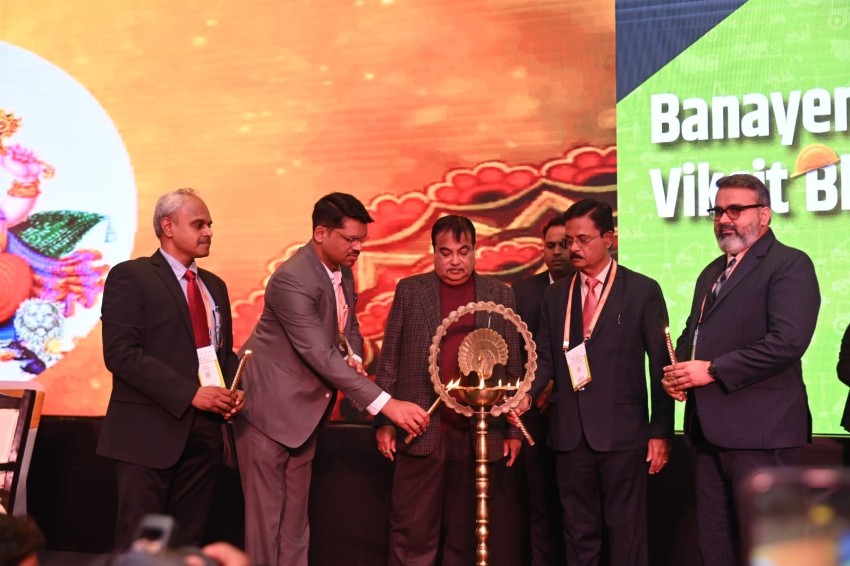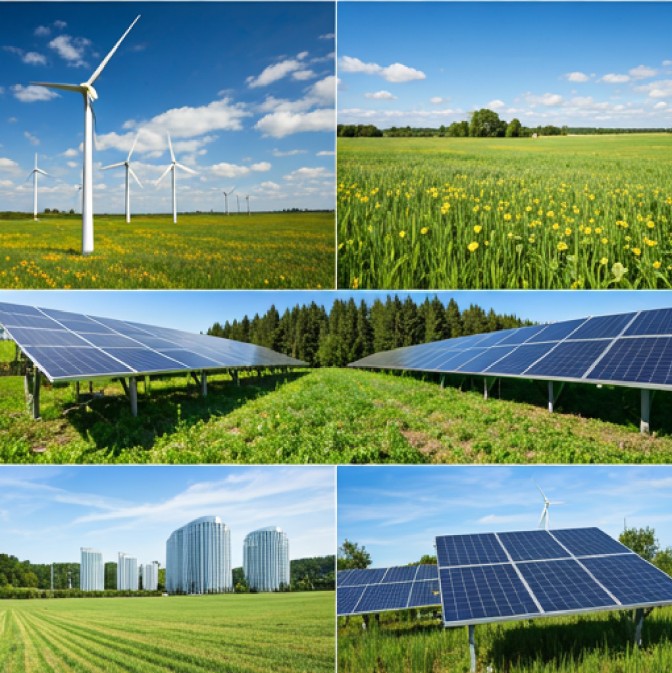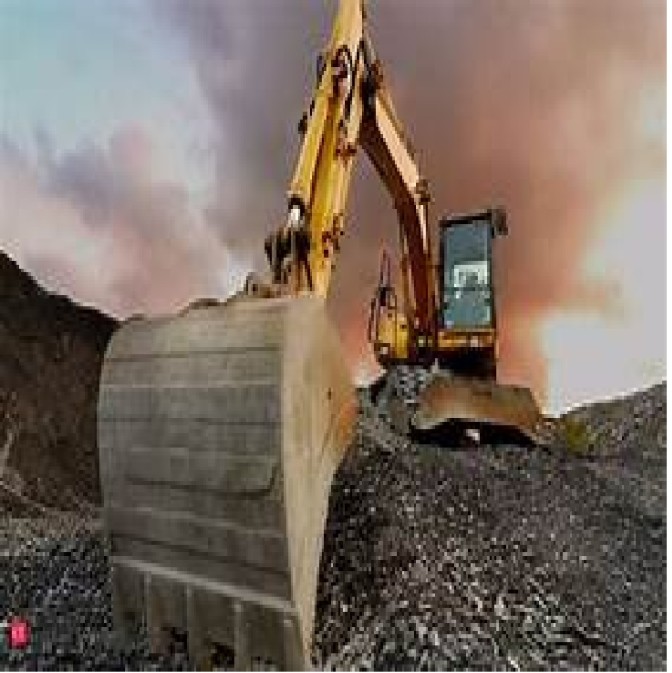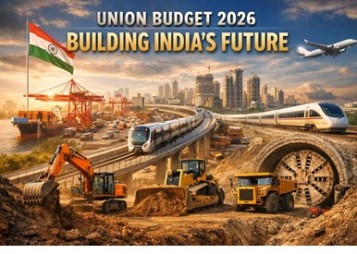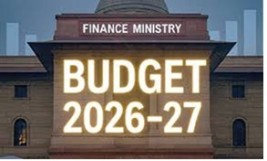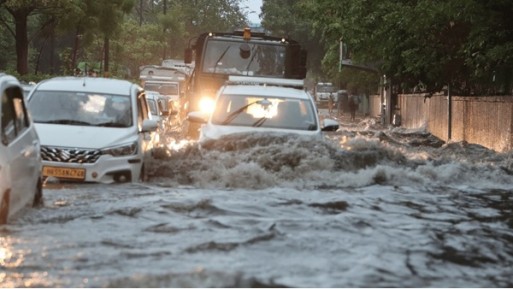Union Budget 2026–27: Re-Engineering India’s Infrastructure Growth Story
- Home
- News
- Risks and Concerns in the Indian infrastructure Sector…
Risks and Concerns in the Indian infrastructure Sector Today
- Infrastructure Projects
- May 03, 2025
Key Risks & Concerns in India's Infrastructure Sector (May 2025)
1. Financing & Liquidity Challenges
Delayed payments from government agencies continue to strain contractors’ cash flows.
Banking sector cautiousness in lending to infra projects due to past NPAs.
Private capital constraints despite efforts like InvITs and REITs.
2. Regulatory & Policy Uncertainty
Frequent changes in environmental clearance norms, land acquisition rules, and tariffs (especially in renewable energy).
Inconsistencies between central and state-level regulations lead to project delays and legal disputes.
3. Execution & Land Acquisition Delays
Right of way issues, especially in rail, roads, and transmission lines.
Litigation and delays in obtaining land possession hinder timely project execution.
4. Cost Inflation
Rising prices of steel, cement, and fuel increase project costs.
Delays combined with inflation further erode project margins.
5. Capacity & Capability Issues
Lack of skilled manpower and technical execution capability, particularly in Tier II and III contractors.
Over-dependence on a few large players leads to bottlenecks.
6. Climate & Environmental Risks
Increased frequency of extreme weather events (floods, heatwaves) impacts project timelines and design parameters.
Pressure to transition to sustainable infrastructure adds complexity and cost.
7. Project Viability & Demand Risk
Risk of overcapacity in certain segments like urban transport or ports.
Some infra assets (e.g., airports, toll roads) face lower-than-expected traffic or usage.
8. Political & Social Opposition
Local resistance to land acquisition and displacement.
Election cycles often result in delays or stoppages due to shifting priorities.
9. PPP Model Limitations
Public-Private Partnership (PPP) projects often suffer from imbalanced risk sharing.
Lack of robust dispute resolution mechanisms.
📊 Sector-Specific Concerns
| Sector | Key Risks |
|---|---|
| Roads & Highways | EPC cost overruns, toll revenue shortfalls, hybrid annuity payment delays |
| Railways | Execution delays, limited private participation in stations & freight |
| Power (Renewables) | Grid integration issues, curtailment, tariff renegotiations |
| Urban Infra | Financing gaps, slow approvals, municipal capacity limitations |
| Water & Waste | Policy uncertainty, lack of bankable projects, low private interest |
Public Debt Levels: India's public debt is projected to surpass 80% of GDP in FY24, raising concerns about fiscal sustainability.
Budgetary Allocations: The Union Budget 2025 allocated ₹11.2 lakh crore for infrastructure, a marginal increase from the previous year. This flatlining of capital expenditure indicates limited fiscal headroom for new projects.
Private Sector Participation: The Economic Survey 2024-25 emphasizes the need for increased private sector involvement in infrastructure development, highlighting that public sector efforts alone are insufficient due to binding budget constraints.
Banking Regulations: The Reserve Bank of India has delayed the implementation of stricter banking regulations, including higher provisions for under-construction infrastructure projects, to March 2026. This delay aims to ensure a smooth transition but also introduces uncertainty in the lending environment.
Land Acquisition Challenges: Land disputes continue to hinder infrastructure projects. For instance, Tata Power's 100 MW solar project in Maharashtra faced significant delays due to local opposition, underscoring the complexities of land acquisition in densely populated areas.
3. Execution Delays and Project Management Issue
-
Bharatmala Pariyojana: The Comptroller and Auditor General (CAG) criticized the Bharatmala Pariyojana for several shortcomings, including:
-
49% of the 70,050 km of national highways under Phase I were already developed or awarded under previous schemes without further development plans.
-
Significant cost overruns, with per-kilometer costs increasing from ₹14 crore to ₹24 crore.
-
Irregularities in tendering and contractor selection processes.
-
4. Climate and Environmental Risk - Extreme Weather Events: India is experiencing unprecedented heatwaves, with temperatures in Delhi surpassing 40°C and some regions in Pakistan reaching 50°C. These conditions strain infrastructure resilience and highlight the need for climate-adaptive designs.
Energy Sector Challenges: India has extended its mandate for imported coal-based power plants to operate at full capacity until June 30, 2025, to ensure a stable power supply amid rising energy demand. This reliance on coal underscores the challenges in balancing energy security with environmental sustainability.
5. Geopolitical Tensions
India–Pakistan Standoff: Following the Pahalgam attack in April 2025, India and Pakistan are engaged in a diplomatic and military standoff, leading to the suspension of trade and diplomatic ties. Such geopolitical tensions can disrupt cross-border infrastructure projects and regional cooperation.
📊 Summary Table: Key Risks and Impacts
| Risk Category | Specific Issues | Impact |
|---|---|---|
| Financing Constraints | Infrastructure financing gap >5% of GDP; Public debt >80% of GDP; Limited private sector participation | Delayed project initiation and completion; Increased reliance on public funds; Potential crowding out of private investment |
| Regulatory Uncertainties | Delayed banking regulations; Land acquisition disputes | Uncertainty in project financing; Legal challenges; Project delays |
| Execution Challenges | Cost overruns; Irregularities in project management; Incomplete projects | Increased project costs; Reduced investor confidence; Inefficient resource utilization |
| Environmental Risks | Extreme heatwaves; Continued reliance on coal | Infrastructure damage; Health hazards; Challenges in transitioning to sustainable energy sources |
| Geopolitical Tensions | India–Pakistan standoff; Suspension of trade and diplomatic ties | Disruption of cross-border projects; Increased security concerns; Potential reallocation of resources to defense |
Summary and Conclusion
India's infrastructure sector stands at a crossroads, with ambitious development goals tempered by financial constraints, regulatory challenges, execution inefficiencies, environmental risks, and geopolitical tensions. Addressing these multifaceted issues requires a coordinated approach involving policy reforms, enhanced private sector participation, robust project management, climate-resilient infrastructure planning, and diplomatic engagement to ensure sustainable and inclusive growth.
Most Popular
Categories
- General 01
- Rural Development 01
- National and International News 14
- Industry Exhibitions 04
- Mining 03
- National Highways Authority of India 01
- Construction Industry 01
- Auction Schedules 00
- Financial Results 00
- Awards 2019 00
- Infrastructure Projects 15
- Construction Projects 00
- Crawler Cranes 00
- Miscellaneous 06
- Plants 01
- Concrete Machinery 00
- Road Machinery 00
- Earthmoving Machinery 00
- Cranes 01


